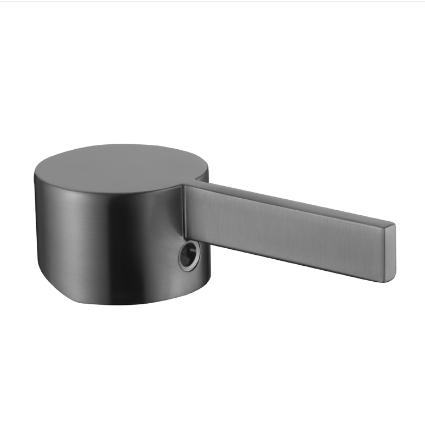The faucet accessories industry is changing significantly with manufacturers increasingly turning to eco-friendly materials to meet the growing demand for sustainable products by consumers. This change does not only indicate more general environmental concerns, but also underlines how the industry is dedicated to innovation and sustainability.

The Push for Sustainability
Manufacturers are now exploring eco-friendly alternatives in producing faucet accessories due to the critical consideration that consumers give to environmental sustainability. This switch is driven by a growing realization of the environmental effects associated with conventional manufacturing methods and materials like plastics or non-recyclable metals. Consequently, companies have to come up with environmentally friendly products by reducing ecological footprints which encourage such developments through sustainable materials.
Innovative Eco-Friendly Materials
Recycled metals as well as bioplastics are among the remarkable developments in this area. Durable and high-quality faucet accessories are being made from recycled metals such as stainless steel and brass. These have similar strength and beauty values compared to those made from other non-recycled ones but their impact on environment is far much lower. Biodegradable materials known as bioplastics are being developed, derived from renewable sources such as corn starch or sugarcane, for application instead of traditional plastics because they help reduce dependence on fossil fuels thus becoming an ideal choice for eco-conscious customers.
Water-Saving Technologies
Often these environmentally friendly materials are combined with water-saving technologies when designing faucets components. For instance, aerators crafted using waste-derived material can drastically save water without influencing performance and cause significant water savings within residential areas and commercial premises alike.
Market Response and Consumer Demand
Eco-friendly faucet accessories have had positive market response all over the world. Consumers know that buying sustainable goods is a worthwhile investment because there are long-term environmental benefits and the possibility of reducing water and energy bills. As a result, various retailers have increased their range of sustainable alternatives creating more opportunities for people to purchase them.
Challenges and Opportunities
However, the use of eco-friendly materials in faucet accessories has its advantages as well as drawbacks. The cost of obtaining and processing sustainable materials may be higher than that one of traditional ones thereby influencing pricing. Nevertheless, it is expected that with time advances in technology will reduce these expenses given an increase in scale of production. In addition, regulatory support and incentives for green manufacturing processes could also hasten the adoption process of eco-friendly materials.
Conclusion
When faucet accessories are made using eco-friendly materials, it implies a big step towards achieving sustainability in home improvement sector. With the application of recycled metals, bioplastics, together with water-saving technologies manufacturers have been able to meet consumer demand as well as contribute towards environmental conservation. This shift suggests that faucet accessories market will lead other industries in sustainability innovation by providing environmentally friendly products which perform better than others



 WhatsApp:
WhatsApp: Mobile Phone:
Mobile Phone: Contact Now
Contact Now